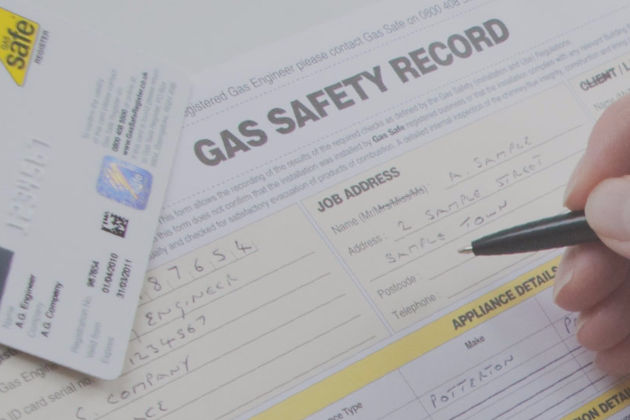Introduction
Gas safety is of paramount importance for both homeowners and tenants. Whether you own a property or rent one, ensuring that gas appliances and installations are safe is crucial to prevent potential hazards and maintain compliance with regulations. In this comprehensive guide, we will delve into the significance of Gas Safe Certificates, what they entail, and why they are essential for every gas-related property.

1. What is a Gas Safe Certificate?
A Gas Safe Certificate, also known as a Gas Safety Certificate or CP12, is an official document issued by a qualified Gas Safe registered engineer. It serves gas safe certificate as a confirmation that all gas appliances and installations within a property meet the necessary safety standards. The certificate also ensures that the gas fittings and appliances are in good working condition and do not pose any risk to the occupants.
2. When is a Gas Safe Certificate Required?
2.1 Landlords and Gas Safety
For landlords in the UK, it is a legal requirement to obtain a Gas Safe Certificate for all rental properties with gas appliances. This certification must be renewed annually. The Gas Safe registered engineer conducts a thorough inspection of the gas fittings and appliances and issues the certificate if everything complies with safety regulations.
2.2 Homeowners and Gas Safety
While homeowners are not legally obligated to obtain a Gas Safe Certificate, it is highly recommended to ensure the safety of occupants and the property. Regular gas safety inspections by a Gas Safe registered engineer can identify potential issues early on, preventing costly repairs and safeguarding against gas-related incidents.
3. What Does a Gas Safe Certificate Include?
3.1 Appliance Inspection
During the inspection, the Gas Safe registered engineer examines each gas appliance to check for any faults, leaks, or malfunctions. They ensure that all safety devices, such as carbon monoxide detectors, are functioning correctly.
3.2 Gas Pipework Assessment
The engineer also assesses the gas pipework for any leaks or signs of deterioration. Properly functioning gas pipework is essential to prevent gas leaks and potential risks.
4. Benefits of Obtaining a Gas Safe Certificate
4.1 Ensuring Safety
The primary advantage of a Gas Safe Certificate is the assurance of safety. With certified gas appliances and installations, occupants can rest easy, knowing that their health and well-being are protected.
4.2 Compliance with Legal Requirements
For landlords, obtaining a Gas Safe Certificate is a legal obligation. Complying with this requirement not only avoids potential penalties but also establishes a reputation as a responsible and caring landlord.
4.3 Property Value and Insurance
Having a valid Gas Safe Certificate can enhance the value of a property and may be a requirement for property insurance coverage. It also demonstrates to potential buyers or tenants that the property is well-maintained and safe.
Conclusion
Gas Safe Certificates are essential documents that ensure the safety and compliance of gas appliances and installations in properties. Whether you are a landlord or a homeowner, obtaining this certification provides peace of mind, protects occupants, and prevents potential hazards associated with gas-related issues.
Never overlook the significance of gas safety. Regularly schedule gas safety inspections with a qualified Gas Safe registered engineer, and promptly obtain or renew your Gas Safe Certificate. By prioritizing gas safety, you contribute to a safer living environment and create a positive impression for potential tenants or buyers.